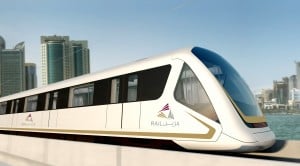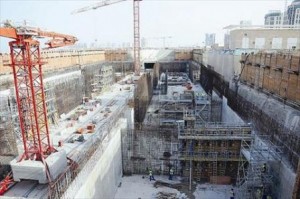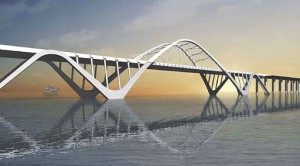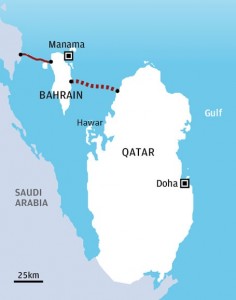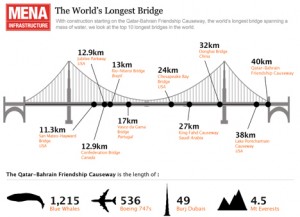With the many multimillion dollar projects Qatar is handling, the underground metro line is said to be top priority. Metro lines exist in the GCC, specifically in Dubai, however an underground metro line is something completely new to the region. The Metro Line is said to reduce carbon emissions by 258,000 tonnes per year. It is also said to provide jobs for many and create sustainability and stability for Qatar’s growing economy. This project is also a great way of resolving traffic jams and road blocks. With the FIFA World Cup in 2022, the rail way system will resolve Qatar’s concerns of road congestion for the substantial event. Nevertheless any delay in this project will cause greater concerns for the 2022 World Cup, as the railways will be a primary source of transportation for the event and will heavily reduce traffic.
This multi-billion-project has so many aspects to consider in order for it to be completed successfully, the major concern would be time in this case.
As we know the railway industry has come a long way from the days of using manual labor for creating underground tunnels, and accordingly Qatar has managed to sign a deal with German Tunnel Boring Machine Herrenknecht, for the supply of 21 drilling machines that will manage to drill the underground passages of the metro line in two years time. The metro will consist of four main lines most of which will cover the greater Doha area and estimated daily excavation quantity is said to be 600 m³ with a total estimated excavation quantity of 5,000,000 m³, that’s a lot of drilling that needs to be done in two years! A great deal of monitoring and coordination is required to meet that two year deadline. Funding for the project may not be the greatest issue, however other issues need greater attention, such as machine maintenance, meeting daily targets, safety hazards, weather conditions, road blocks and so much more. Also, with the recent oil crisis in the middle east region, we may see a delay in current projects, however these things will be put into better perspective as we go further into 2015.
Railway projects are very costly and time consuming, some of the most famous underground projects, like the London Underground, took almost 40 years to complete, but with the major technological innovations in the industry, and the use of drilling machines, underground railway construction has become faster and more efficient. Qatar’s delivery date for the project is four years from now, which begs the question is this enough time to deliver a major project such as this one?
Also, with the FIFA World Cup 2022 around the corner from 2019, if any delays were to occur how badly would they effect the upcoming event? Could this risk be averted in time for it?
Sources:
http://www.constructionweekonline.com/article-33178-doha-underground-metro-tunnelling-begins/
http://thepeninsulaqatar.com/news/qatar/332279/metro-to-save-2m-km-car-travel-per-day
